Projects
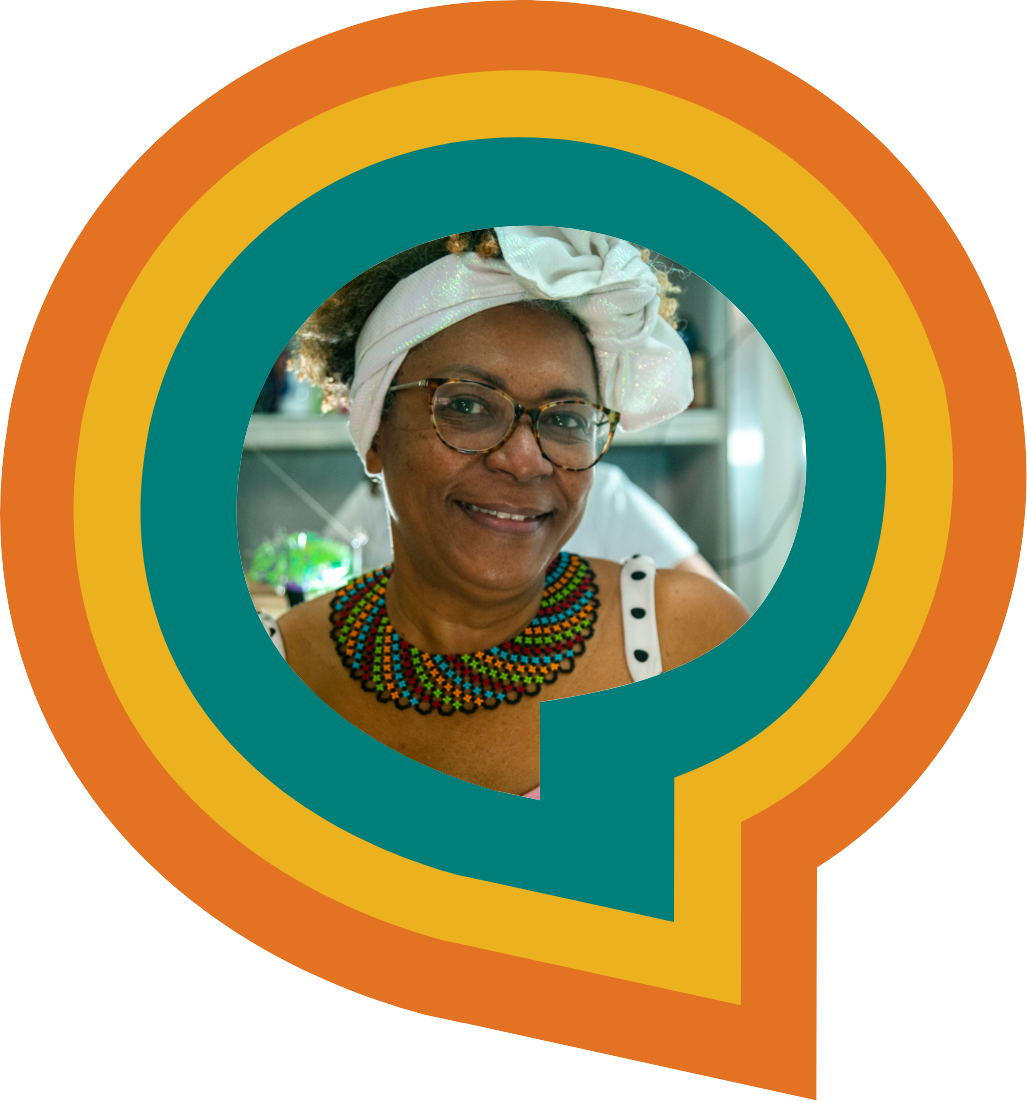
Vale Foundation’s projects and initiatives are developed and structured on Education, Basic Health, Productive Inclusion, and Social Protection, and include five Knowledge Stations. The projects are implemented in the territories in which Vale operates. On this page, you can learn more about the projects and filter considering the theme, the state or the city of operation.
Councils Strengthening Program
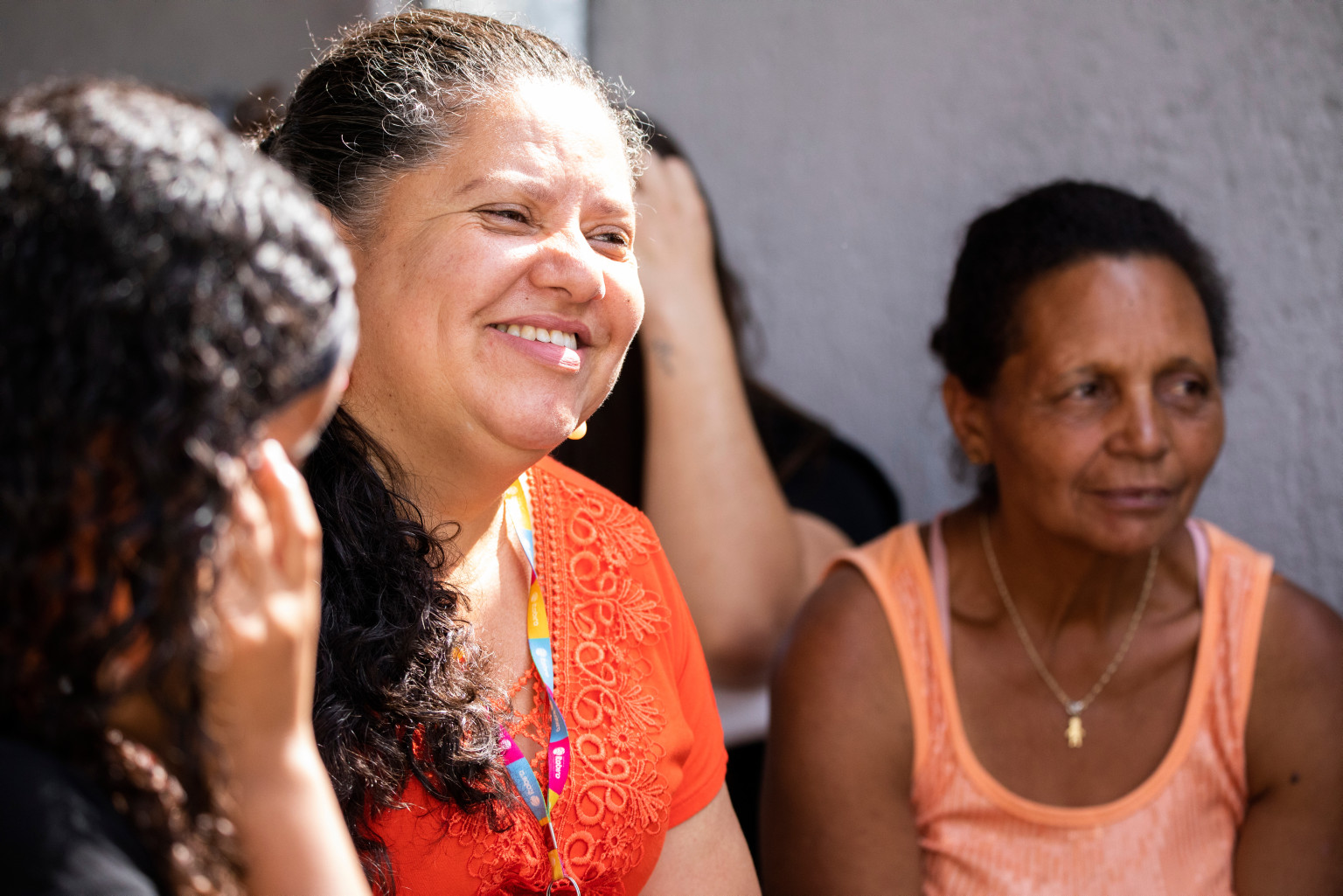
The Councils Strengthening program is an initiative of the Vale Foundation that encourages better use of Vale’s incentivized resources for the Children and Adolescents´ Rights Fund and the Elderly Fund. Its main objective is to contribute to strengthening the management and performance of the Rights Councils in public policies, addressing issues such as regularization processes, planning, use of funds’ resources, transfers to civil society organizations, monitoring of resource execution, transparency and accountability.
Doing Science

The Doing Science project is an initiative of the Vale Foundation, in partnership with the Educational Community (Cedac) and complementary investments from the company DHHI. It aims to reflect new ways of teaching and learning Science and Mathematics in the municipal school system of Itabira (MG), allowing students to be protagonists of their learning and to discover pleasure throughout this process, by giving Science and Mathematics a real meaning.
To achieve this goal, the project provides for the systematic training of elementary school teachers and other professionals, such as the staff of the Municipal Department of Education, school managers, and pedagogical coordinators. Besides the educators’ training, it is equally important that the students have access to situations and materials so that they can investigate, think, and systematize new knowledge. In this way, the project also provides content and materials so that schools can develop activities with the students on real problem situations in the areas of Natural Sciences and Mathematics.
Future Maker

Carried out in Governador Valadares (MG), the Future Maker project helps vulnerable young people develop socio-emotional and professional skills in the area of Technology. In addition to technical training, the project offers psychosocial support and seeks to promote the personal development of the participants, so that they can understand their potential and adequately get prepared for the professional journey. The initiative is the result of a partnership among the Vale Foundation, the Social Service of Industry (Sesi) and the National Service for Industrial Training (Senai).
Health and Social Protection Cycle
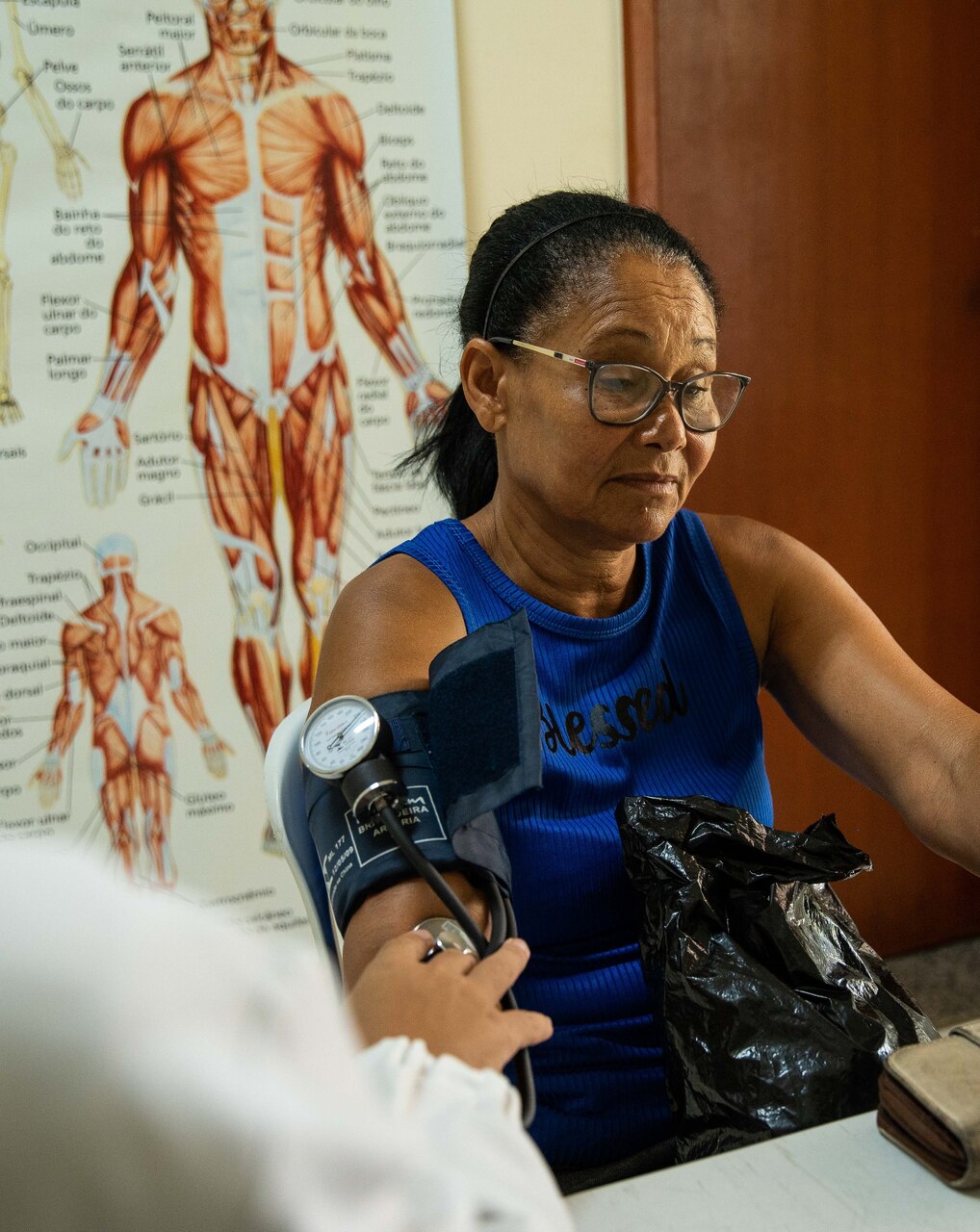
The Health and Social Protection Cycle aims to strengthen disease prevention actions and promote primary health care as a cross-cutting policy of the Unified Social Assistance System (SUAS). The actions are organized based on the experience accumulated by the Health Cycle project in the territories, with an emphasis on participatory methodologies that are recognized and produce effective results.
In partnership with the Health Promotion Center (Cedaps) and municipal departments, the project seeks to develop capacities and foster the ongoing education of managers and professionals in the areas of Health and Social Assistance, encourage a culture of intersectoral action, expand the performance of Primary Health Care and Social Assistance, provide better technical and material conditions for actions that make a difference in the territories and, thus, improve social and health indicators.
Knowledge Stations
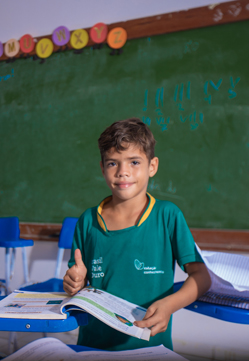
The Knowledge Stations are spaces maintained by the Vale Foundation that offer educational, cultural, and sports activities in after-school hours, having children and teenagers from 6 to 17 years old as the main target audiences. Through their programs, they contribute to the social development of the communities, fostering creativity, innovation, partnerships articulation, participation and sharing of actions among public entities, organized civil society and communities, valuing the characteristics of each region.
There are five Knowledge Stations in operation, located in the municipalities of Arari (MA), Brumadinho (MG), Serra (ES), Marabá and Tucumã (PA). They are independent institutions, maintained mainly with direct resources from the Vale Foundation, in addition to incentivized resources from Vale and resources from investment partners. The incentivized resources come from the Childhood and Adolescence Fund (Municipal Councils for the Defense of Children and Adolescents) and the Sports Incentive Law (Special Secretariat for Sports).
Literary Routes and Networks
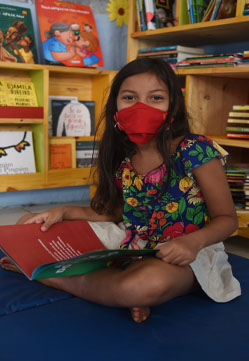
The Literary Routes and Networks program supports public schools to structure their policy for promoting books and reading and to integrate reading actions in the curriculum. The program fosters access to books and reading through the expansion of the schools’ literary collection and the training of teachers in reading mediation, in addition to improving the rooms and reading corners of the schools. Currently, Cedac is the executing partner of the project in Ouro Preto (MG).
Networked Territories
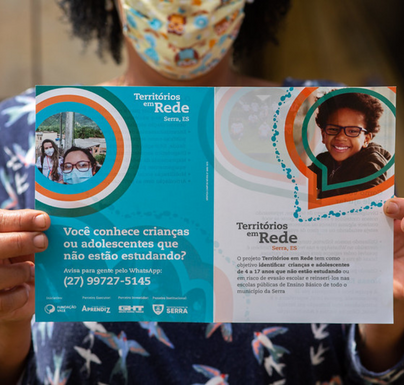
The Networked Territories program aims to identify the main challenges related to the development of municipalities, proposing a set of actions to ensure the confrontation of school exclusion and to carry out an in-depth diagnosis of the challenges experienced, in addition to promoting the articulation of governmental and non-governmental sectors for the development of policies and actions in different areas.
The initiative is carried out by Cidade Escola Aprendiz and has Wheaton Precious Metals, Grupo Hidrau Torque (GHT), Komatsu and Keda (KHDI) as investment partners. The project is currently active in 16 municipalities in the states of Pará, Espírito Santo, Minas Gerais and Rio de Janeiro.
Nutritional Food Security
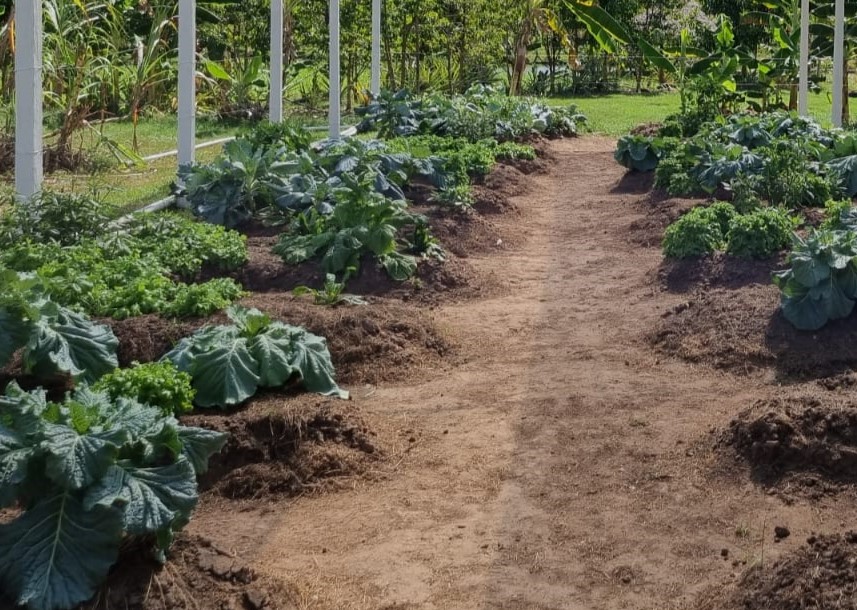
The project aims to support the structuring of sustainable rural production arrangements for family farmers in Minas Gerais and Maranhão. It is carried out in partnership with Instituto Meio and with complementary investments from BNDES within the scope of the Socio-Environmental Fund.